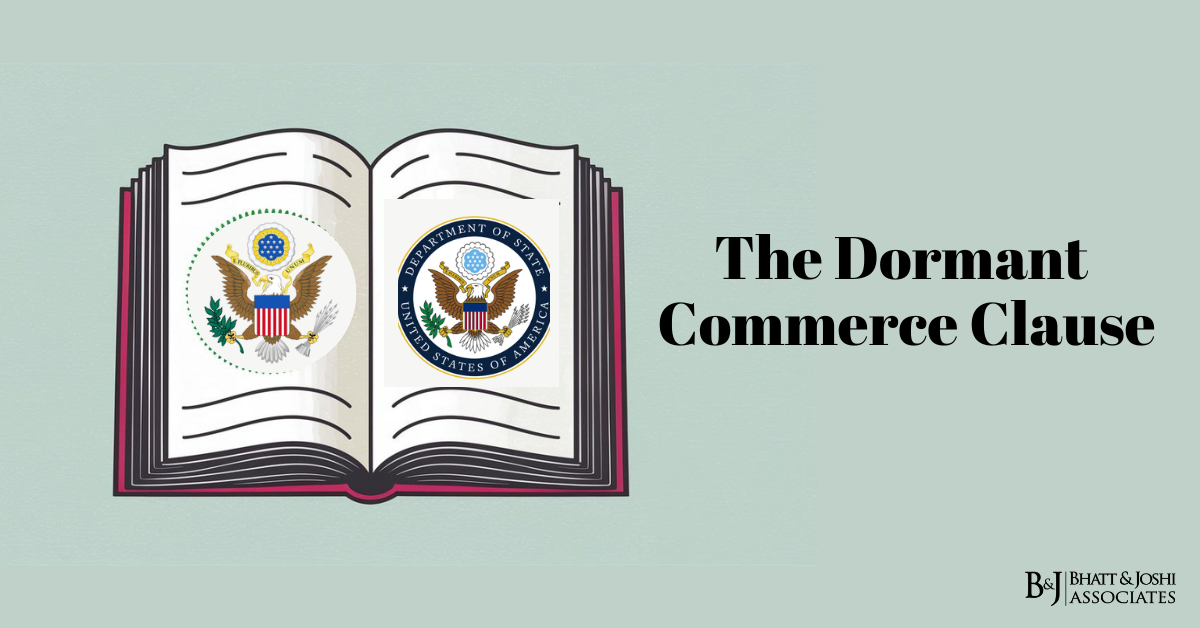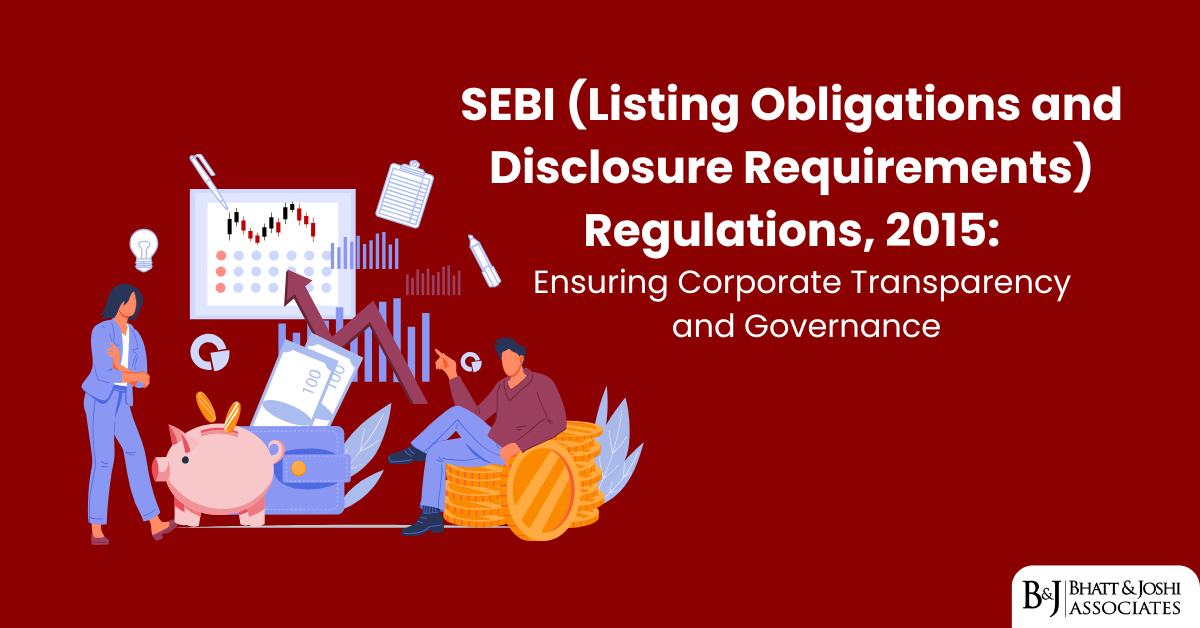Introduction
The Dormant Commerce Clause, also known as the Negative Commerce Clause, is a judicial doctrine in United States constitutional law that serves as a critical component in regulating the balance of power between federal and state governments. This doctrine is not explicitly stated in the Constitution but is instead derived from the Commerce Clause found in Article I, Section 8, Clause 3. While the Commerce Clause grants Congress the power “to regulate Commerce with foreign Nations, and among the several States, and with the Indian Tribes,” the Dormant Commerce Clause represents the flip side of this power – the implied limitation on state authority to enact laws that discriminate against or excessively burden interstate commerce. The importance of the Dormant Commerce Clause in American jurisprudence cannot be overstated. It plays a crucial role in maintaining the economic unity of the nation by preventing states from engaging in protectionist practices that could fragment the national market. This doctrine has been instrumental in shaping the relationship between state and federal powers, particularly in areas where Congress has not exercised its regulatory authority.
Historical Development
The concept of the Dormant Commerce Clause can be traced back to the early days of the American Republic. Its roots lie in the recognition that a primary goal of the Constitution was to create a unified national economy free from the barriers to trade that had plagued the states under the Articles of Confederation.
The earliest articulation of this principle came in 1824 with Chief Justice John Marshall’s opinion in Gibbons v. Ogden. In this landmark case, Marshall suggested that the Commerce Clause not only granted power to Congress but also implied limits on state authority to regulate interstate commerce. This idea laid the groundwork for what would later become known as the Dormant Commerce Clause.
Throughout the 19th century, the Supreme Court continued to refine and expand this doctrine. In Cooley v. Board of Wardens (1852), the Court established a distinction between national subjects that require uniform regulation and local subjects that may admit diverse treatment. This case introduced the concept of selective exclusivity, suggesting that some aspects of commerce are so national in character that only Congress can regulate them.
The modern framework for analyzing Dormant Commerce Clause cases began to take shape in the 20th century. In Southern Pacific Co. v. Arizona (1945), the Court introduced a balancing test, weighing the state’s interest in regulation against the burden on interstate commerce. This approach was further refined in Pike v. Bruce Church, Inc. (1970), which established the current standard for evaluating non-discriminatory state laws that affect interstate commerce.
Key Principles and Tests
The Dormant Commerce Clause analysis typically involves two primary tests, depending on the nature of the state law in question:
- Discrimination Test: This test applies to state laws that discriminate against out-of-state economic interests on their face, in their purpose, or in their effects. Such laws are subject to strict scrutiny and are virtually per se invalid. To survive this test, the state must demonstrate that the law serves a legitimate local purpose that cannot be adequately served by reasonable nondiscriminatory alternatives.
- Pike Balancing Test: For state laws that regulate evenhandedly and have only incidental effects on interstate commerce, courts apply the balancing test established in Pike v. Bruce Church, Inc. Under this test, the law will be upheld unless the burden imposed on interstate commerce is clearly excessive in relation to the putative local benefits.
In addition to these primary tests, courts also consider whether the state is acting as a market participant rather than a market regulator. The market participant exception allows states to favor their own citizens in transactions where the state is acting as a buyer or seller in the market, rather than as a regulator.
Application and Impact
The Dormant Commerce Clause has been applied to a wide range of state laws and regulations, significantly impacting various aspects of interstate commerce. Some key areas where this doctrine has played a crucial role include:
- State Taxation: The doctrine has been used to strike down discriminatory state tax schemes that favor in-state businesses or residents over out-of-state entities. For example, in Comptroller of the Treasury of Maryland v. Wynne (2015), the Supreme Court invalidated a portion of Maryland’s personal income tax scheme that effectively double-taxed income earned by residents outside the state.
- Waste Management: The Dormant Commerce Clause has been invoked to challenge state laws restricting the importation of out-of-state waste. In Philadelphia v. New Jersey (1978), the Court struck down a New Jersey law prohibiting the importation of most out-of-state waste, ruling that it discriminated against interstate commerce.
- Alcohol Regulation: Despite the Twenty-first Amendment’s grant of broad regulatory power to states over alcohol, the Supreme Court has used the Dormant Commerce Clause to invalidate discriminatory state alcohol laws. In Granholm v. Heald (2005), the Court struck down laws in Michigan and New York that allowed in-state wineries to ship directly to consumers but prohibited out-of-state wineries from doing the same.
- Energy Regulation: State attempts to regulate energy markets have often faced Dormant Commerce Clause challenges. For instance, in Hughes v. Talen Energy Marketing, LLC (2016), the Court invalidated a Maryland program that guaranteed in-state power plants a certain price for their capacity, finding that it interfered with the federal regulation of wholesale electricity markets.
- Transportation: The doctrine has been applied to various state regulations affecting transportation across state lines. In Kassel v. Consolidated Freightways Corp. (1981), the Court struck down an Iowa law banning certain large trucks from its highways, finding that the safety benefits were outweighed by the burden on interstate commerce.
Exceptions and Limitations
While the Dormant Commerce Clause is a powerful constraint on state power, it is not absolute. Several exceptions and limitations have been recognized:
- Congressional Authorization: Congress can expressly authorize state actions that would otherwise violate the Dormant Commerce Clause. This principle, known as “redelegation,” allows Congress to permit state regulations that might otherwise be considered discriminatory or unduly burdensome.
- Market Participant Exception: As mentioned earlier, when a state acts as a market participant rather than a regulator, it may favor its own citizens without violating the Dormant Commerce Clause.
- Fundamental State Functions: Courts have shown deference to state laws that serve traditional government functions, such as waste disposal or health and safety regulations, even if they incidentally burden interstate commerce.
- Tax Apportionment: States are allowed to tax their fair share of interstate commerce, provided the tax is fairly apportioned and does not discriminate against out-of-state entities.
Criticisms and Controversies
The Dormant Commerce Clause doctrine has not been without its critics. Some scholars and jurists, most notably Justice Clarence Thomas, have argued that the doctrine has no textual basis in the Constitution and represents an improper judicial creation. They contend that if Congress wishes to preempt state laws affecting interstate commerce, it should do so through legislation, not through court-inferred restrictions.
Others have criticized the doctrine for being too nebulous and unpredictable in its application. The balancing test, in particular, has been accused of giving judges too much discretion in weighing state interests against burdens on commerce.
There is also ongoing debate about how the doctrine should apply in the digital age, where state attempts to regulate internet commerce and data flows often have interstate implications.
Recent Developments and Future Directions
In recent years, the Supreme Court has continued to refine and apply the Dormant Commerce Clause doctrine. In South Dakota v. Wayfair, Inc. (2018), the Court overturned its previous ruling in Quill Corp. v. North Dakota, which had prohibited states from requiring out-of-state sellers with no physical presence in the state to collect sales tax. This decision recognized the changing nature of commerce in the digital age and allowed states more latitude in taxing online sales.
Looking forward, several areas are likely to see continued Dormant Commerce Clause challenges:
- State Privacy Laws: As states enact comprehensive privacy laws, questions arise about their impact on interstate data flows and online commerce.
- Climate Change Regulations: State efforts to combat climate change, such as cap-and-trade programs or renewable energy mandates, may face scrutiny under the Dormant Commerce Clause.
- Gig Economy Regulations: State attempts to regulate companies like Uber or Airbnb could potentially implicate the doctrine if they are seen as discriminating against out-of-state businesses.
- Marijuana Laws: As more states legalize marijuana, conflicts between state and federal law, as well as interstate commerce issues, may invoke Dormant Commerce Clause considerations.
Conclusion
The Dormant Commerce Clause remains a vital and evolving doctrine in American constitutional law. By preventing states from engaging in economic protectionism and ensuring the free flow of interstate commerce, it continues to play a crucial role in maintaining the United States as a single, integrated national market. While challenges to its legitimacy and application persist, the doctrine’s core principles continue to shape the balance of power between state and federal governments in regulating commerce. As the nature of commerce evolves with technological advancements and changing economic realities, the Dormant Commerce Clause will likely continue to adapt, reflecting the ongoing tension between state sovereignty and the need for national economic cohesion. Its future applications will undoubtedly be shaped by the complex interplay of judicial interpretation, congressional action, and the ever-changing landscape of interstate and international commerce.














